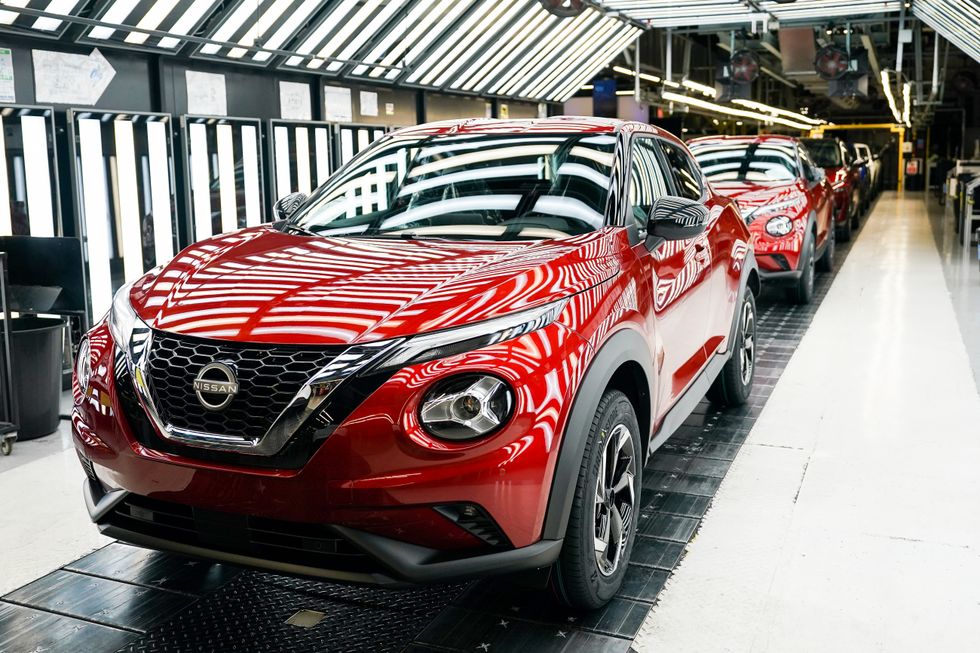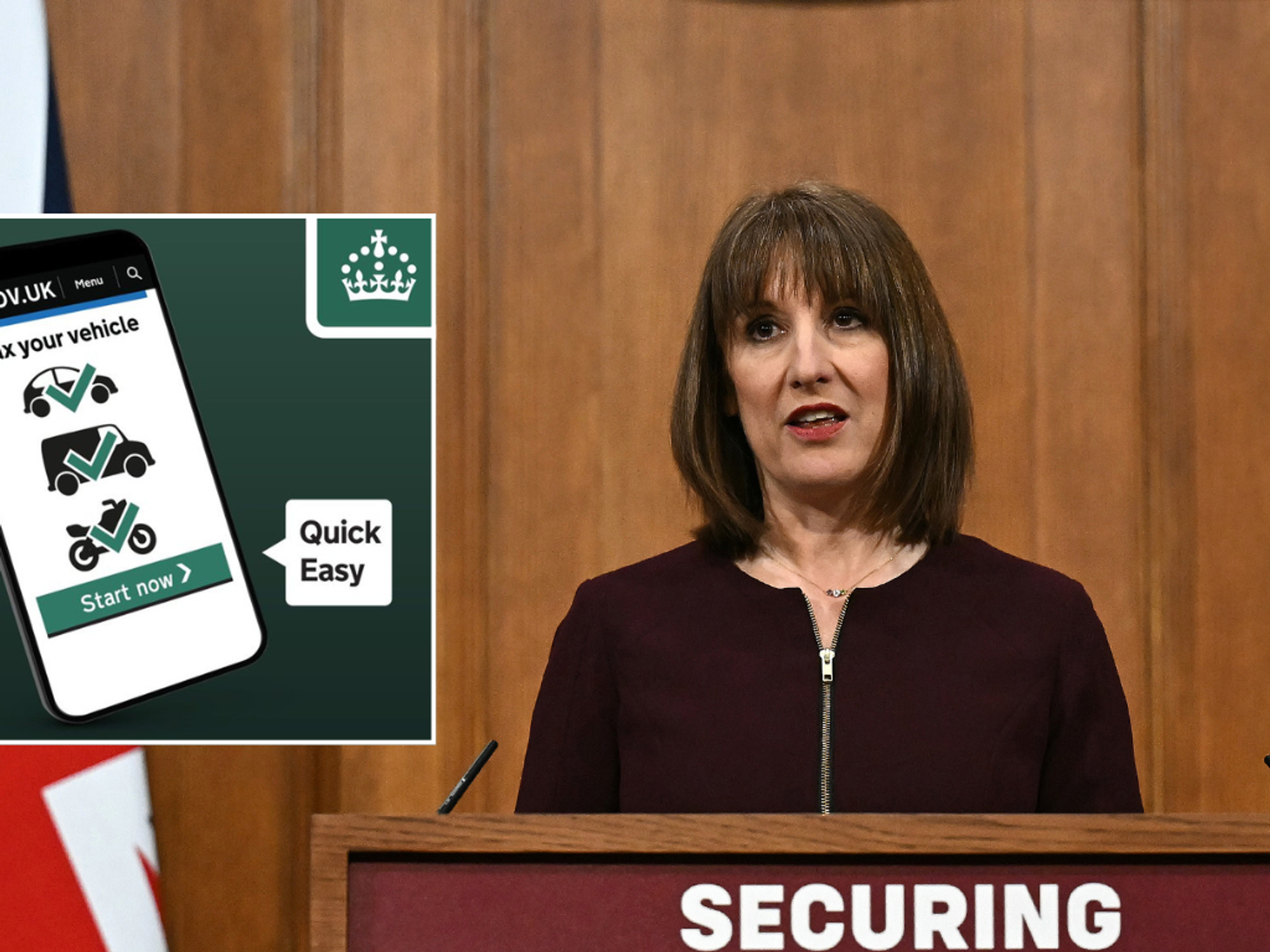All new cars and vans made in 2035 must be zero emission vehicles
Don't Miss
Most Read
Trending on GB News
New rules are being rolled out this month to ensure that car manufacturers sell more electric vehicles in a bid to cut costs for drivers or they could face huge fines.
From January 2024, the Zero Emission Vehicle mandate will apply to England, Scotland and Wales, and set out how manufacturers will adapt to net zero goals by manufacturing electric vehicles.
Manufacturers will be required to produce a certain percentage of new zero emission vehicles every year over the next 12 years.
The minimum annual targets will require 22 per cent of new cars sold in 2024 to be zero emission, with proportionate percentage increases following in the coming years.

Manufacturers could be fined £15,000 per car if they miss targets
GETTY
For example, 80 per cent of new cars and 70 per cent of new vans sold in Great Britain will need to be zero emission by 2030 before rising to 100 per cent of total sales in 2035.
Rishi Sunak said this was being done to help drivers by allowing the upfront cost of electric vehicles to fall and to continue the expansion of EV charging infrastructure around the UK.
Manufacturers can be slapped with fines for not complying with the new net zero rules including £15,000 per car and £9,000 per van if they are short of the target.
A number of car manufacturers have pledged to meet the net zero targets sooner than 2035, with brands like Tesla and MG having a huge head start compared to other companies who are still producing large quantities of petrol and diesel vehicles.
Speaking in September, Transport Secretary Mark Harper praised the development of the mandate, saying: “The path to zero emission vehicles announced today makes sure the route to get there is proportionate, pragmatic and realistic for families.
“Our mandate provides certainty for manufacturers, benefits drivers by providing more options and helps grow the economy by creating skilled jobs.
“We are also making it easier than ever to own an electric vehicle, from reaching record levels of charge points to providing tax relief for EV owners.”
According to the Government’s analysis, the ZEV mandate will slash emissions and offer high value for money, with the best estimate of “social Net Present Value" at £39billion.
This could rise to as much as £116billion if there is no growth in traffic levels as a result of the regulations between 2021 and 2071.
The UK Government looked at examples from around the world to finalise the structure of the ZEV mandate including California and the Canadian provinces of Quebec and British Columbia.
The Draft Vehicle Emissions Trading Schemes Order 2023 vote was held in Parliament at the start of December, with 381 MPs supporting the measures, compared to just 37 voting against.
However, prominent Conservatives including Suella Braverman, Iain Duncan Smith, Priti Patel and Jacob Rees-Mogg voted against the measures put forward.
These new measures are expected to go hand-in-hand with the ZEV mandate with trading schemes allowing vehicle manufacturers to adhere to the new rules.
LATEST DEVELOPMENTS:

The mandate aims to keep the UK automotive sector competitive with EVs
PA
The Government will also set out a separate zero emission HGV and coach infrastructure strategy to further decarbonise road transport and will include use-cases for both battery electric and hydrogen fuel cell technologies.









